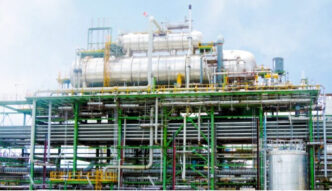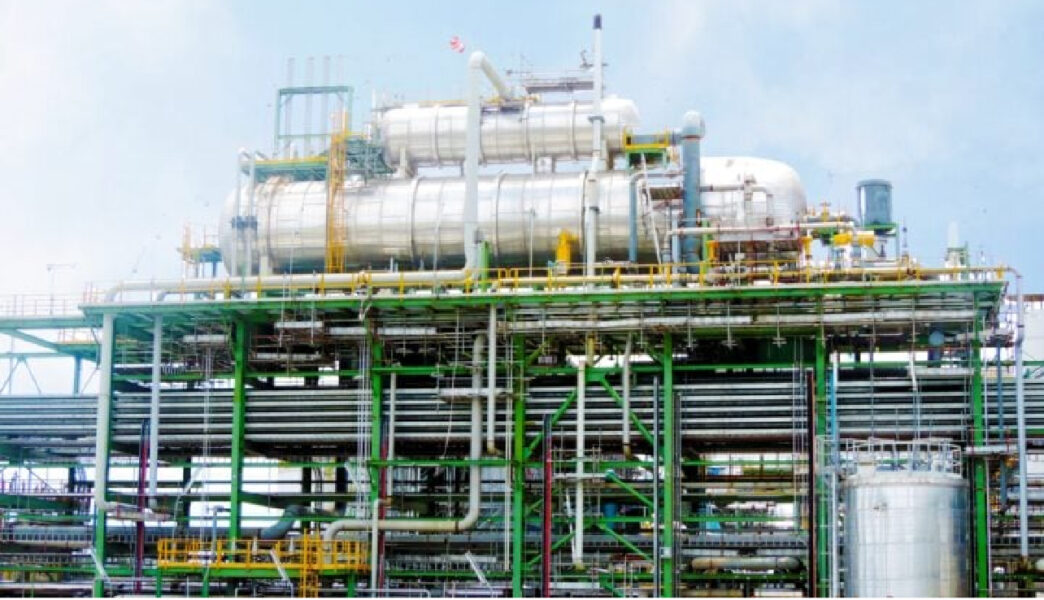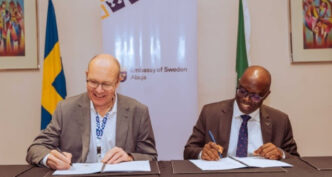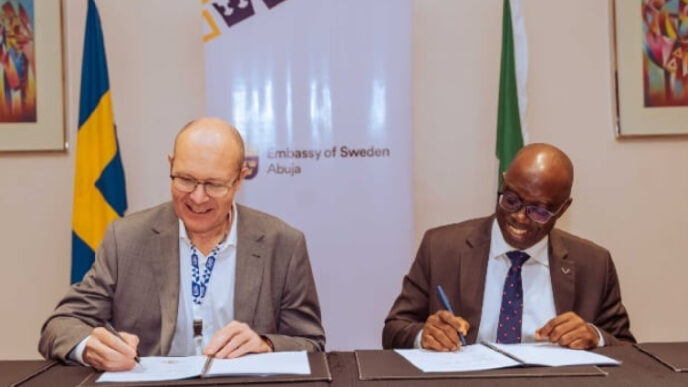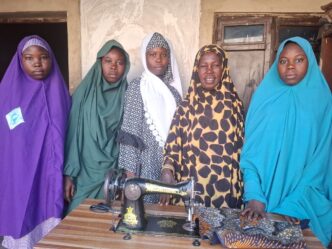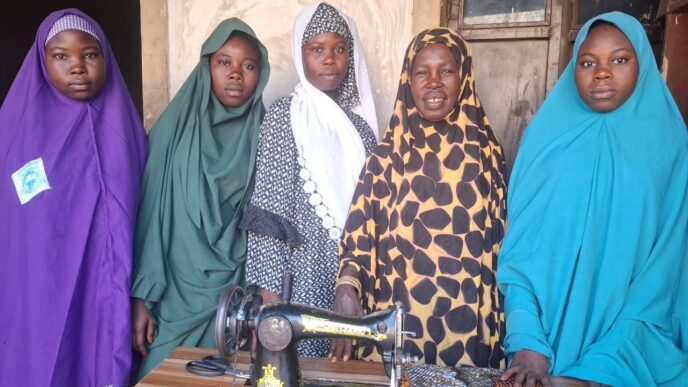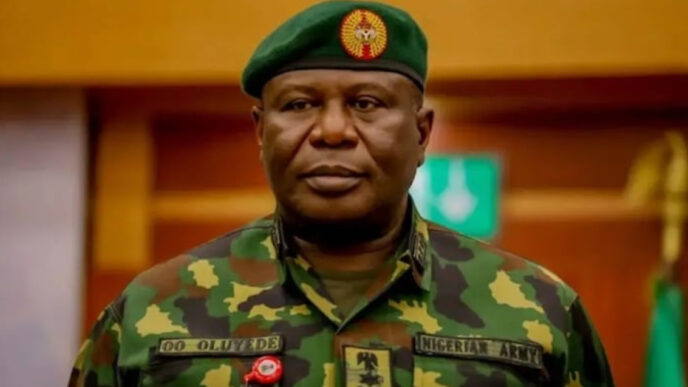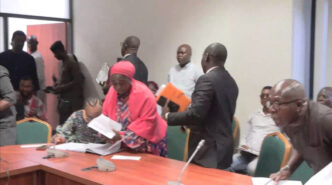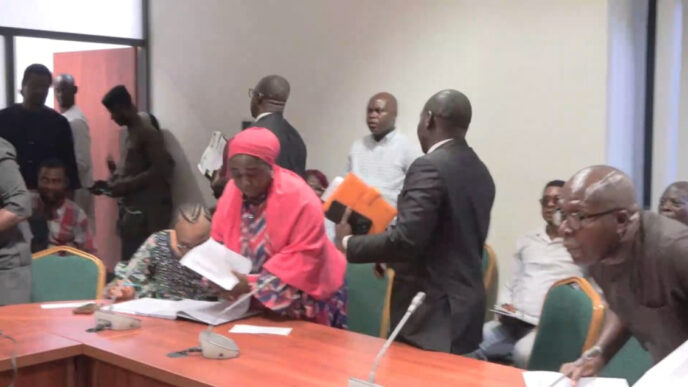Major Energy Marketers Association of Nigeria (MEMAN) has said that the removal of petrol subsidy has opened a new phase of deregulation in the downstream oil sector.
Gatekeepers News reports that MEMAN said the development paved way for innovation, private investment, and digital transformation.
Recall that President Bola Ahmed Tinubu had announced the end of petrol subsidy on May 29, 2023, during his inauguration.
By October 2024, federal government allowed oil marketers to buy petroleum products directly from the Dangote Petroleum Refinery and other domestic producers to advance full deregulation.
Speaking on Wednesday at Oil Trading and Logistics (OTL) Africa Downstream Week 2025 in Lagos, MEMAN chairman Huub Stokman said the shift has accelerated the adoption of modern energy systems such as energy-as-a-service, virtual power plants, and peer-to-peer energy trading — all aimed at improving efficiency and access across the nation.
Stokman noted that the subsidy removal has transformed the market by enabling private players to innovate, compete, and expand investments throughout the energy value chain.
He added that many operators are now adopting renewable and digital technologies like solar energy and advanced monitoring systems to enhance performance.
However, he emphasised that regulatory clarity and stability remain vital for investor confidence and long-term growth. According to him, significant investment is still required in refining, storage, distribution, and low-carbon infrastructure to meet Nigeria’s energy transition goals.
Addressing Africa’s broader energy challenges, Stokman described the continent as facing a dual reality— tackling energy poverty while keeping pace with the global transition to cleaner energy.
He said, “Natural gas, whether LNG, LPG, or CNG, remains crucial for Africa’s transition, offering a cleaner option while driving industrialisation and energy access.”
The chairman pointed out that about 600 million Africans still lack access to energy, which creates vast potential for decentralised renewable solutions driven by digitalisation.
Stokman also urged regional integration through cross-border gas pipelines and unified regulatory systems within ECOWAS and the Southern African Development Community (SADC).
He advised African governments and energy companies to channel investments into battery energy storage systems (BESS), liquefied petroleum gas (LPG), and compressed natural gas (CNG), while also prioritising green hydrogen and decentralised solar solutions to strengthen the continent’s energy future.

